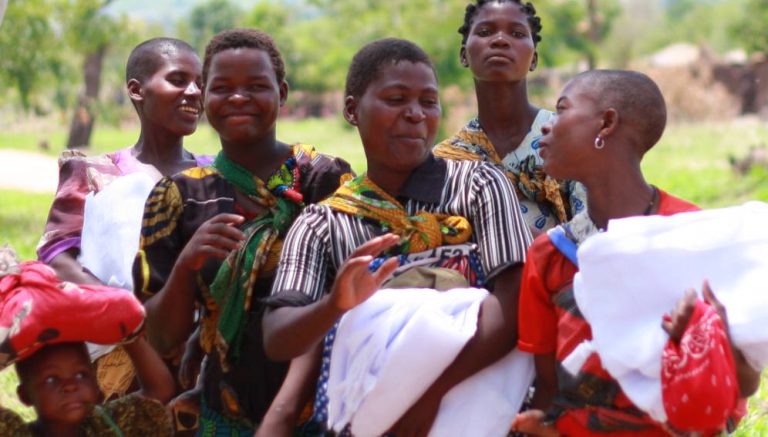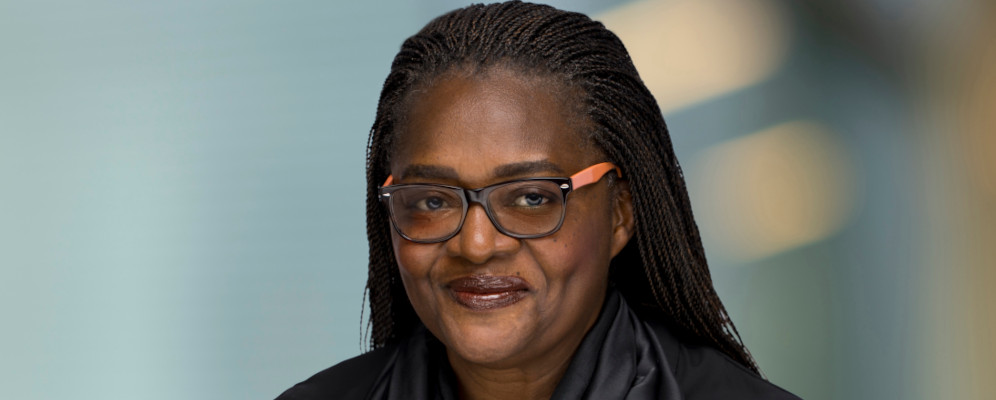
[ad_1]
12 months after yr, tons of of hundreds of lives in Africa are misplaced to malaria—a preventable and treatable illness.
Because the area hardest hit by malaria, the stakes are excessive. In March, ministers of well being from 11 nations with the best malaria burden on the continent met in Yaoundé, Cameroon, and dedicated to accelerating malaria mortality discount.
They made a declaration— “No-one shall die from malaria”. Such a declaration requires new serious about one of the simplest ways to drive down the malaria burden.
Regardless of super strides made within the struggle in opposition to malaria over the previous twenty years, progress has stalled. Africa noticed an increase in instances, with numbers climbing from 218 million in 2019 to 233 million in 2022.
“Blanket approaches unfold valuable sources too skinny, leaving high-risk areas weak and low-risk areas with instruments that may very well be higher utilized in different places. ”
Cynthia Mwase, Director Well being, Africa, on the Invoice & Melinda Gates Basis
Within the face of threats together with insecticide resistance, together with plateauing funding for the malaria struggle, we have to be extra strategic in our use of present and future instruments.
Now, nations throughout the continent are embracing a brand new method—one which makes use of high-quality knowledge to pick the optimum mixture of instruments for a neighborhood setting. These methods assist nations maximize the affect of restricted sources to place Africa on an accelerated path to ending malaria for good.
Malaria transmission varies significantly throughout the continent and inside nations. Take into account Mozambique, a rustic ranked among the many high 4 globally for malaria instances and deaths. Within the northern provinces, malaria prevalence soars as much as 57 per cent. Conversely, the southern a part of the nation is on a path to malaria elimination, with just one per cent prevalence.
This placing distinction inside a single nation underscores the vital have to tailor interventions based mostly on the native setting. Blanket approaches unfold valuable sources too skinny, leaving high-risk areas weak and low-risk areas with instruments that may very well be higher utilized in different places.

Cynthia Mwase, Director of Well being, Africa, on the Invoice and Melinda Gates Basis.
Tailor-made methods use well timed, correct knowledge on every part from malaria incidence to rainfall to mosquito populations to pinpoint the best mixture of instruments based mostly on native situations. That is the spirit of the Yaoundé Declaration’s name for “strategic use of knowledge for motion.”
Kenya, Mozambique, Tanzania, and Nigeria are the 4 nations main this cost. These nations are using subtle, data-driven methods to find out probably the most appropriate mixture of instruments akin to handled mattress nets, insecticide spraying, and vaccines for every district, quickly driving down the malaria burden of their respective nations.
Notably, Kenya was an early innovator in using subnational knowledge to tailor interventions successfully.
Tanzania’s Nationwide Malaria Management Programme was an early adopter of an method that makes use of knowledge, together with mathematical fashions to tailor the combination of instruments for native contexts, which has knowledgeable its country-wide malaria technique.
Mozambique has adopted using built-in surveillance know-how. By way of the Malaria Atlas Challenge, which makes use of genomics knowledge, the nation is mixing routine malaria case knowledge from the well being system with point-in-time prevalence surveys to create granular maps of malaria threat and account for seasonal variability. The outcomes converse for themselves—resulting from scaling data-driven approaches, malaria prevalence in younger kids in Mozambique fell by 17 per cent over 5 years.
Nigeria is at present working to develop a dashboard that simulates using a mixture of various instruments to forestall malaria in several areas of the nation. These situations are serving to the Ministry of Well being to make selections about the place the malaria vaccine can have probably the most affect and areas that ought to be focused for rollout.
African science—and African scientists—are on the coronary heart of this transformative method. Establishments just like the Worldwide Middle for Analysis and Coaching in Utilized Genomics and Well being Surveillance (CIGASS) in Senegal and the African Centre of Excellence for Genomics of Infectious Ailments (ACEGID) in Nigeria are utilizing cutting-edge genomic sequencing to establish and perceive the patterns of resistance to anti-malarial medication and pesticides used to regulate mosquitoes. Nationwide malaria management applications then adapt their methods to reply with the correct mix of options that may have the best affect based mostly on these resistance patterns.
Researchers like Susan Rumisha, co-lead of the Malaria Atlas Challenge in Tanzania, Isabella Oyier Analysis Scientist at KEMRI – Welcome Belief in Kenya and Ify Aniebo, a senior analysis scientist specializing in genomic surveillance in Nigeria, are on the helm of creating, deploying, and constructing capability for these tailor-made approaches to fight malaria.
Their management and experience are essential for Africa’s struggle in opposition to malaria and encourage future generations of scientists—particularly feminine scientists—throughout the continent.
Scaling up tailor-made options can put the world on a quick observe to malaria eradication, however provided that we make eradicating malaria a high precedence. The price of inaction is just too excessive.
Delay breeds resistance, which might value tens of millions extra lives and billions of {dollars} in financial losses. Medication and pesticides that when labored might fail, probably resulting in backsliding of progress we’ve labored onerous to attain during the last 20 years.
Governments within the hardest-hit nations should subsequently prioritise localised methods and put money into the following era of instruments to fight malaria. Donors have to again these options financially and the non-public sector’s entrepreneurial options have to be embraced by means of revolutionary partnerships.
From Yaoundé got here a daring promise—no extra useless malaria deaths. Africa has the ingenuity to fulfil that promise and at last usher in a world the place no life is misplaced to malaria ever once more—however we should act quick.
Cynthia Mwase is the Director Well being, Africa, on the Invoice & Melinda Gates Basis. She has over 28 years’ expertise in well being supply, working with each neighborhood and world organisations.
This piece was produced by SciDev.Internet’s Sub-Saharan Africa English desk.
[ad_2]
Supply hyperlink